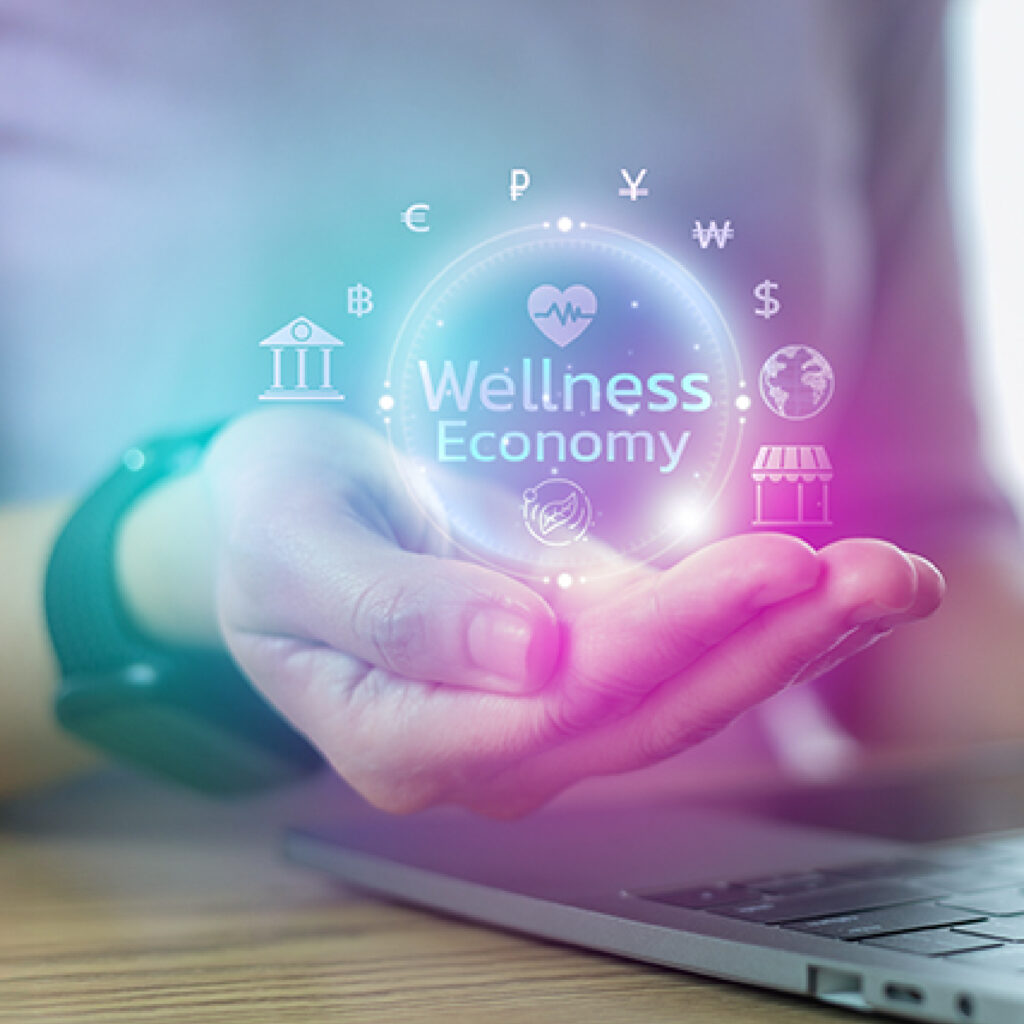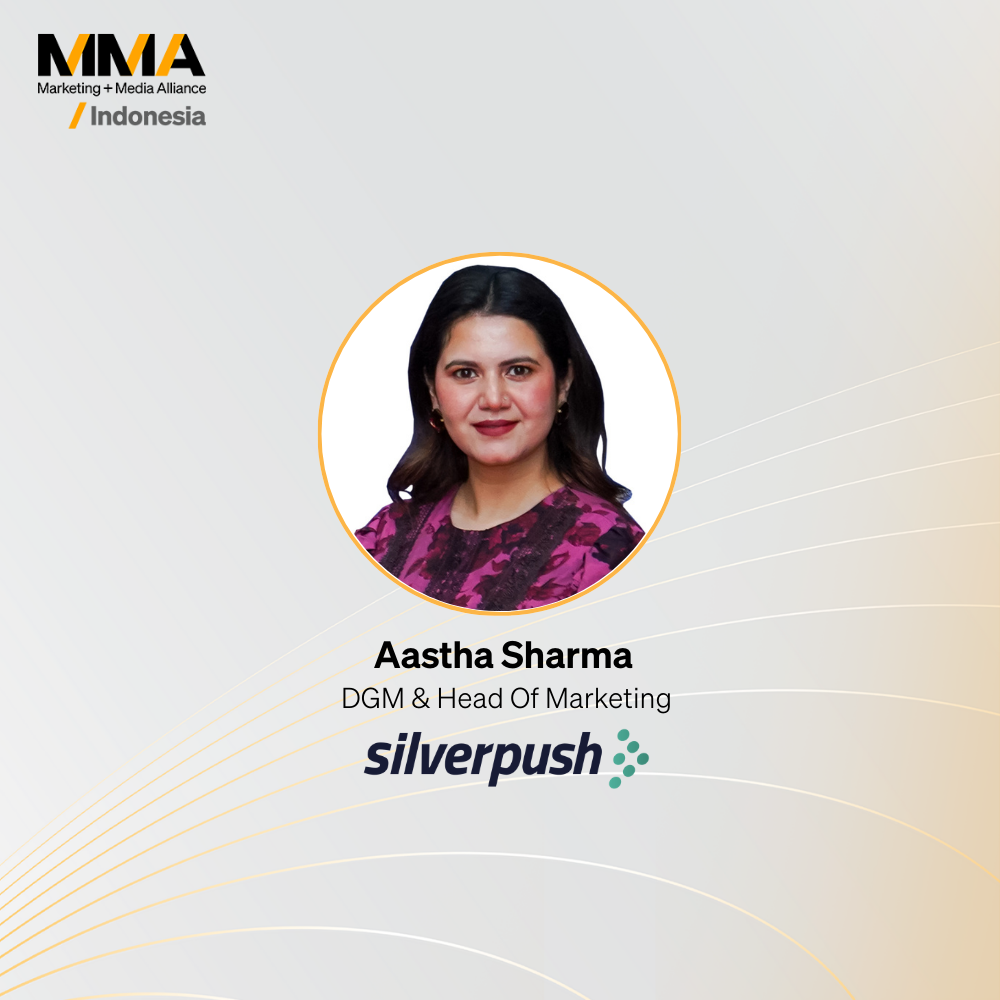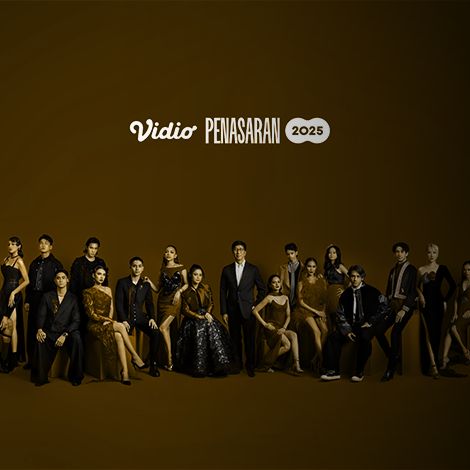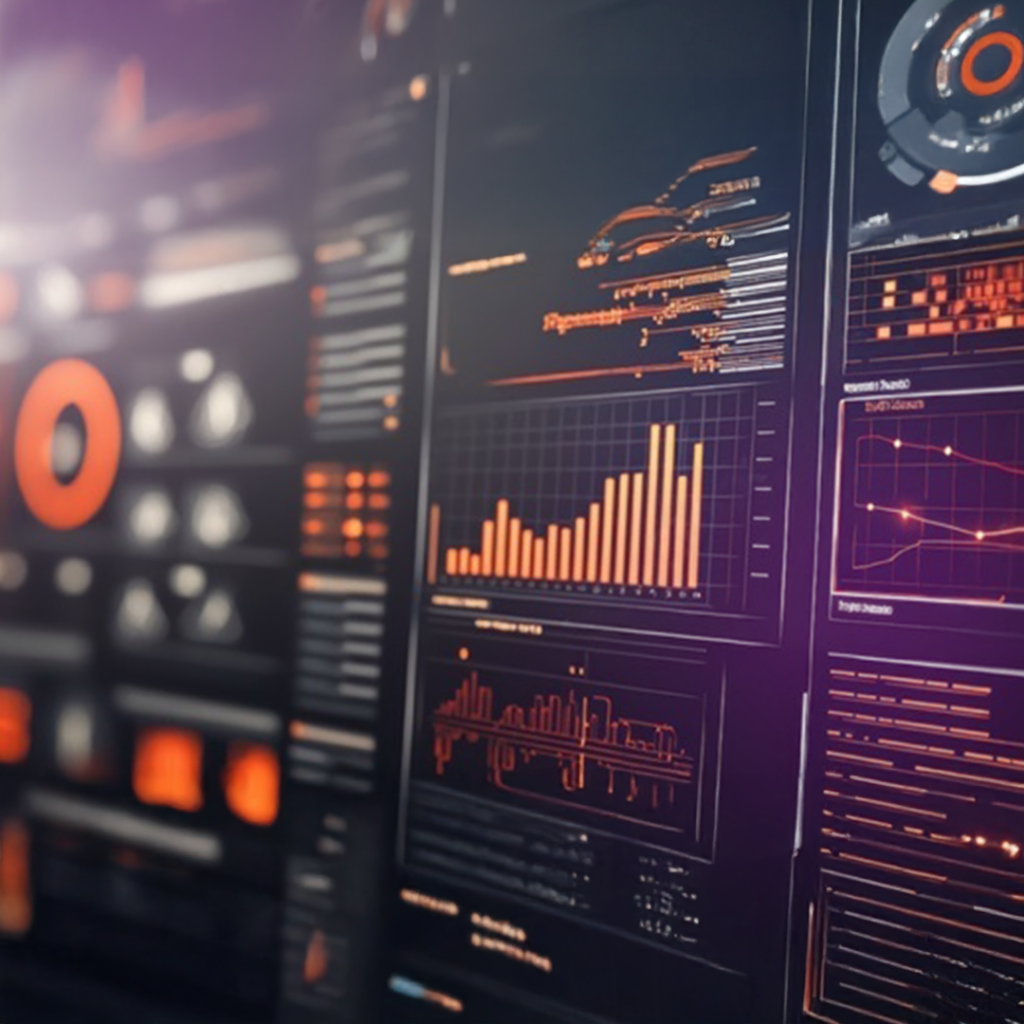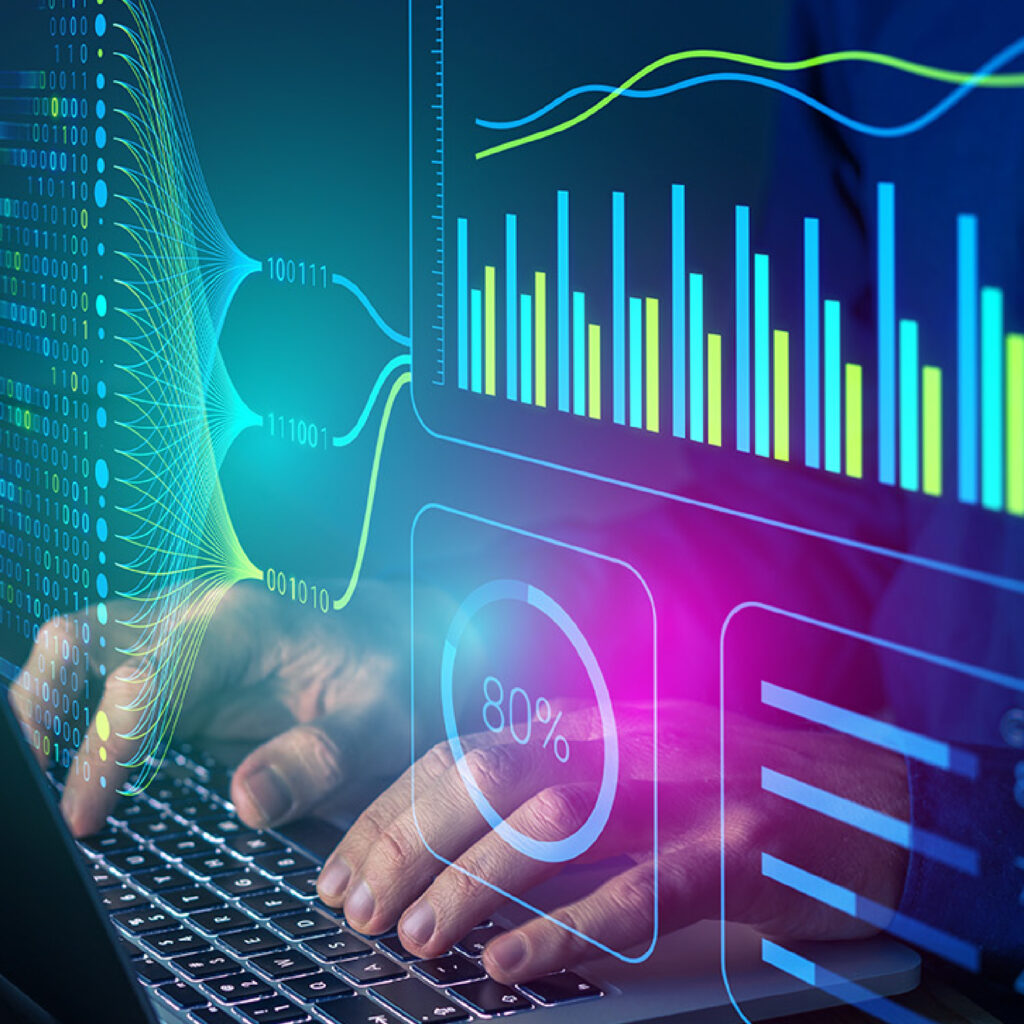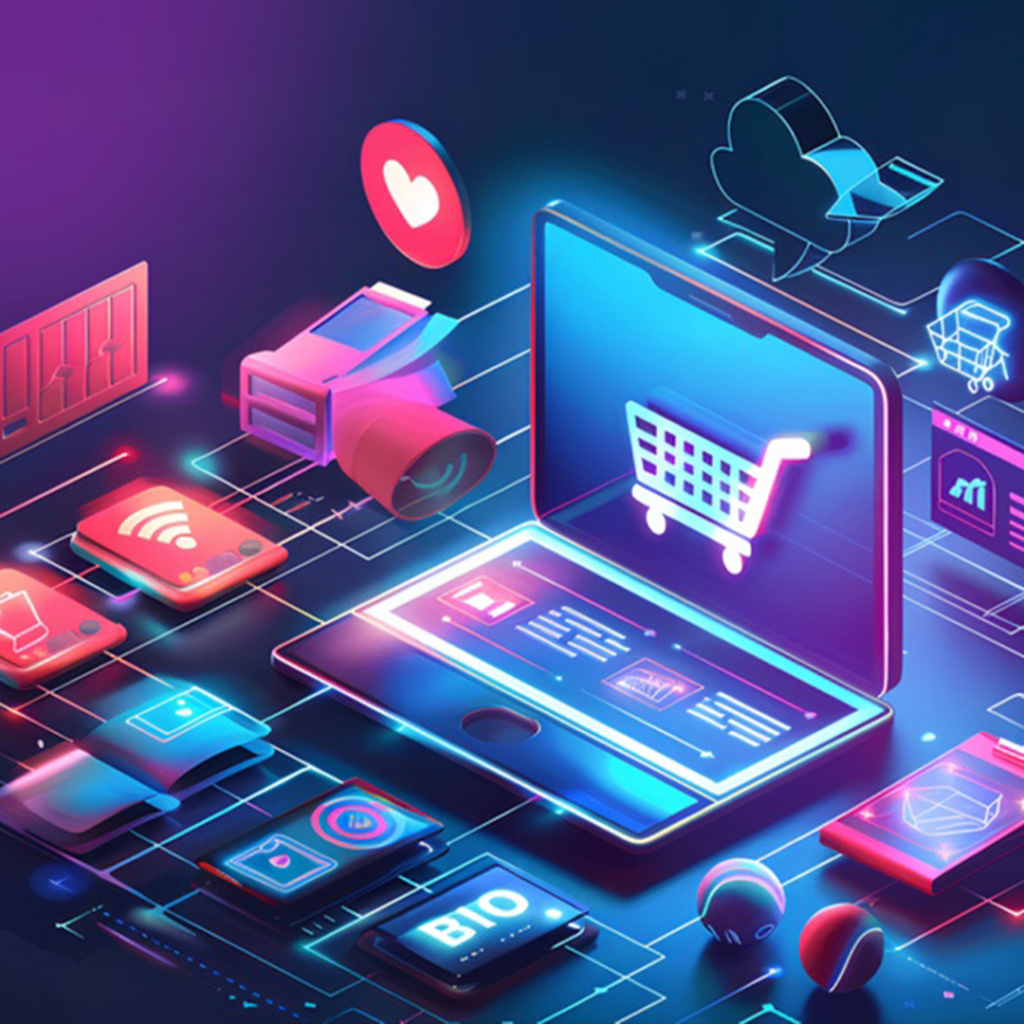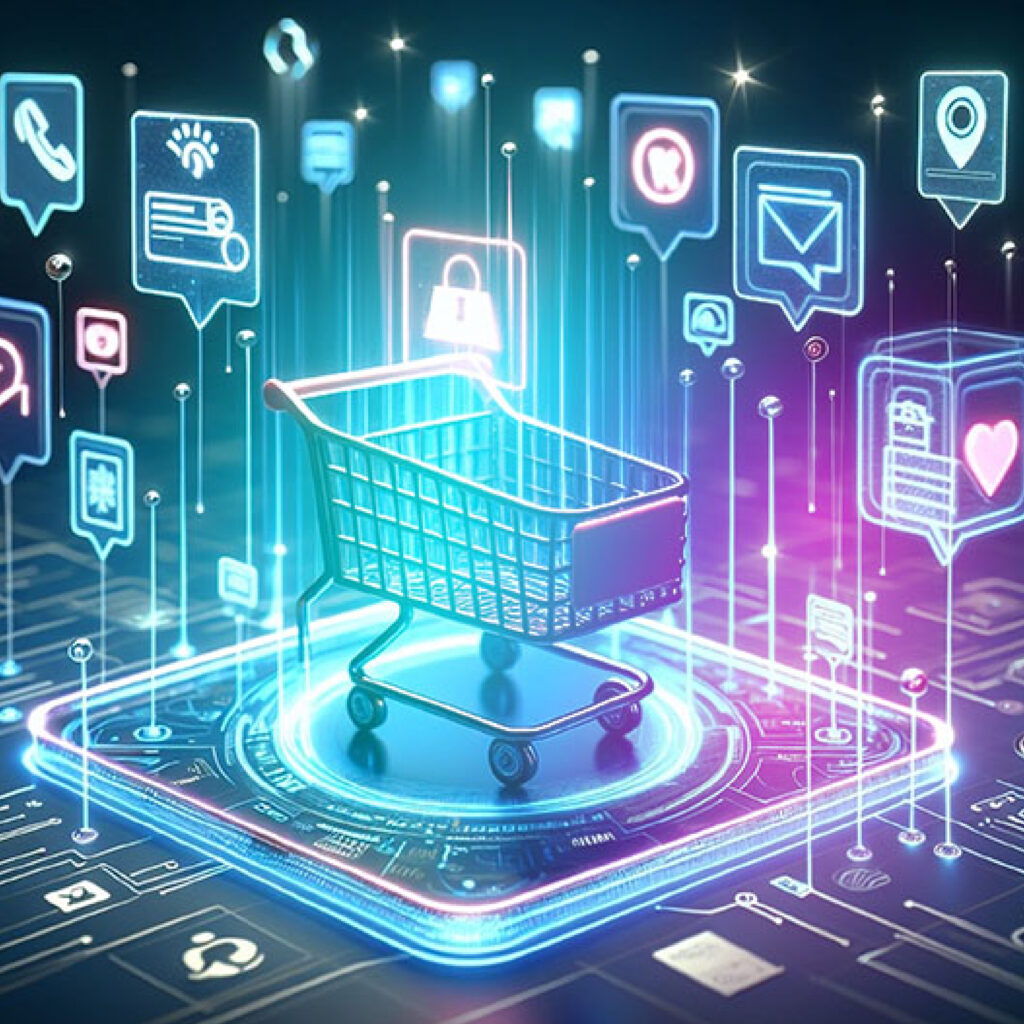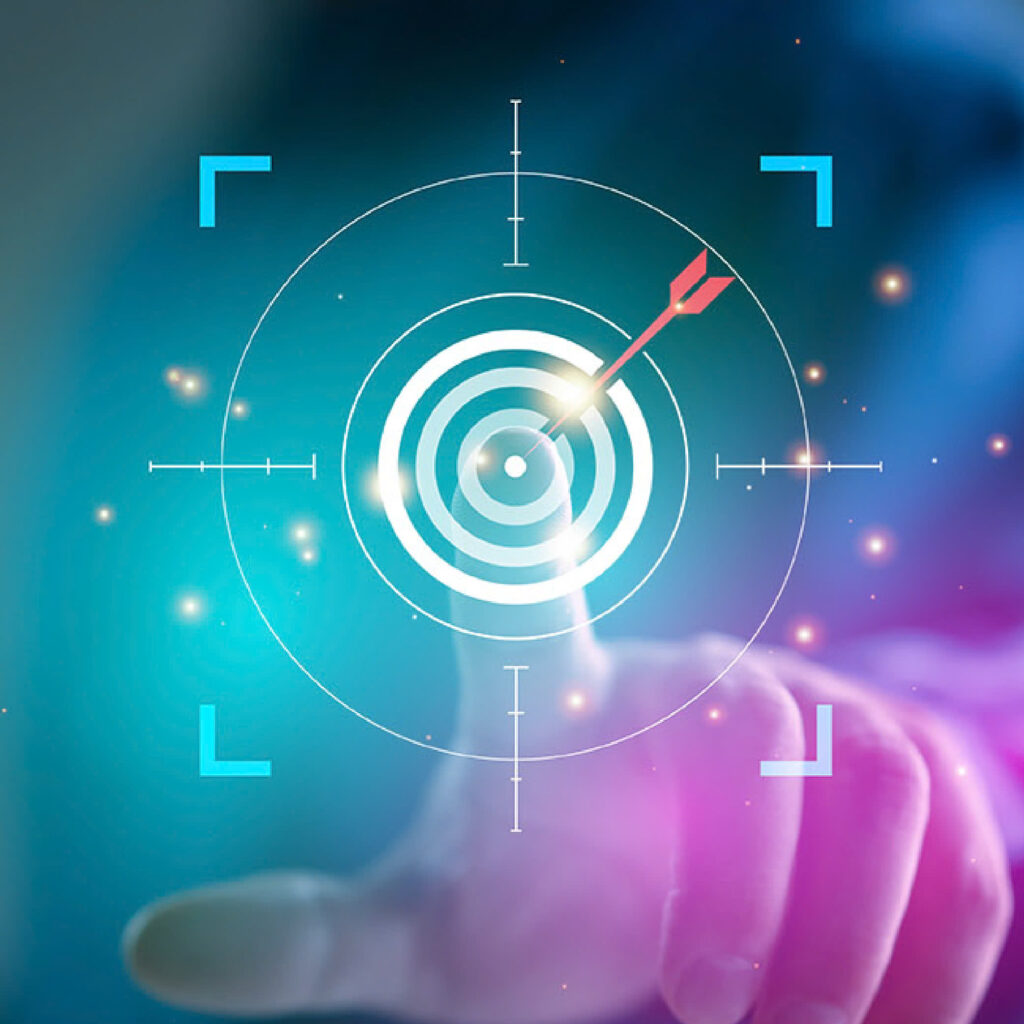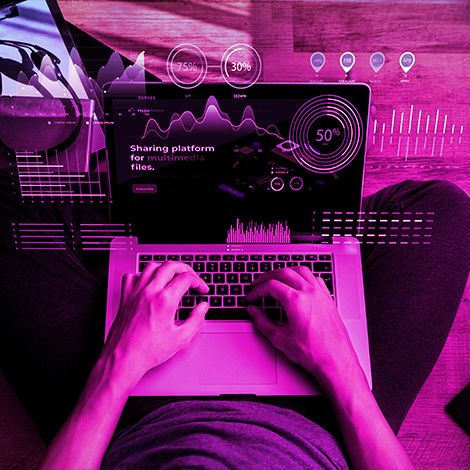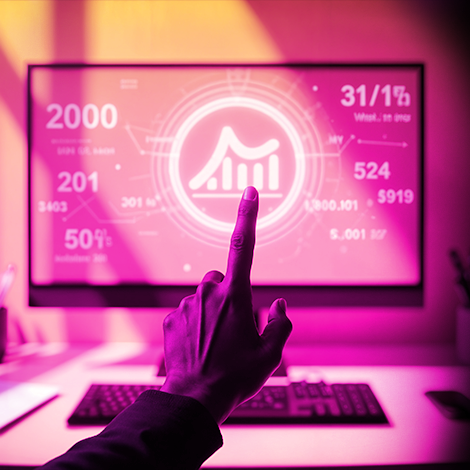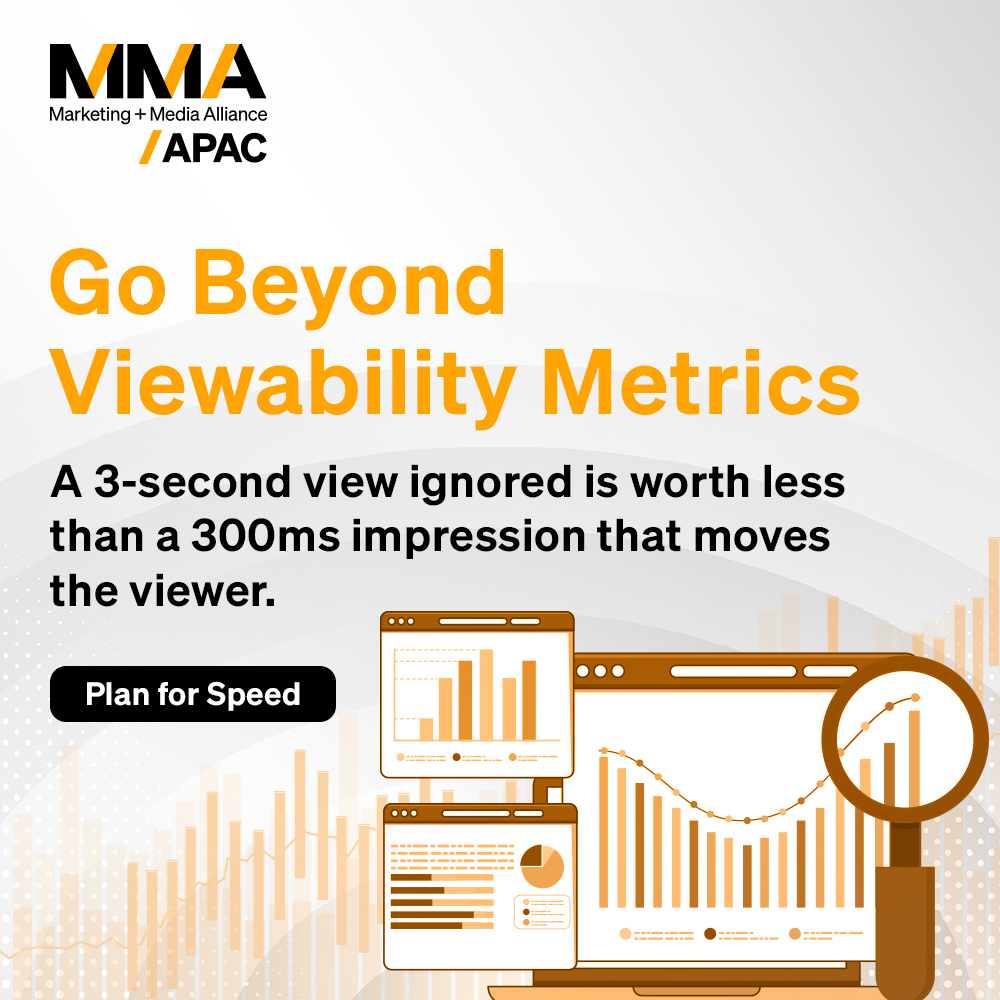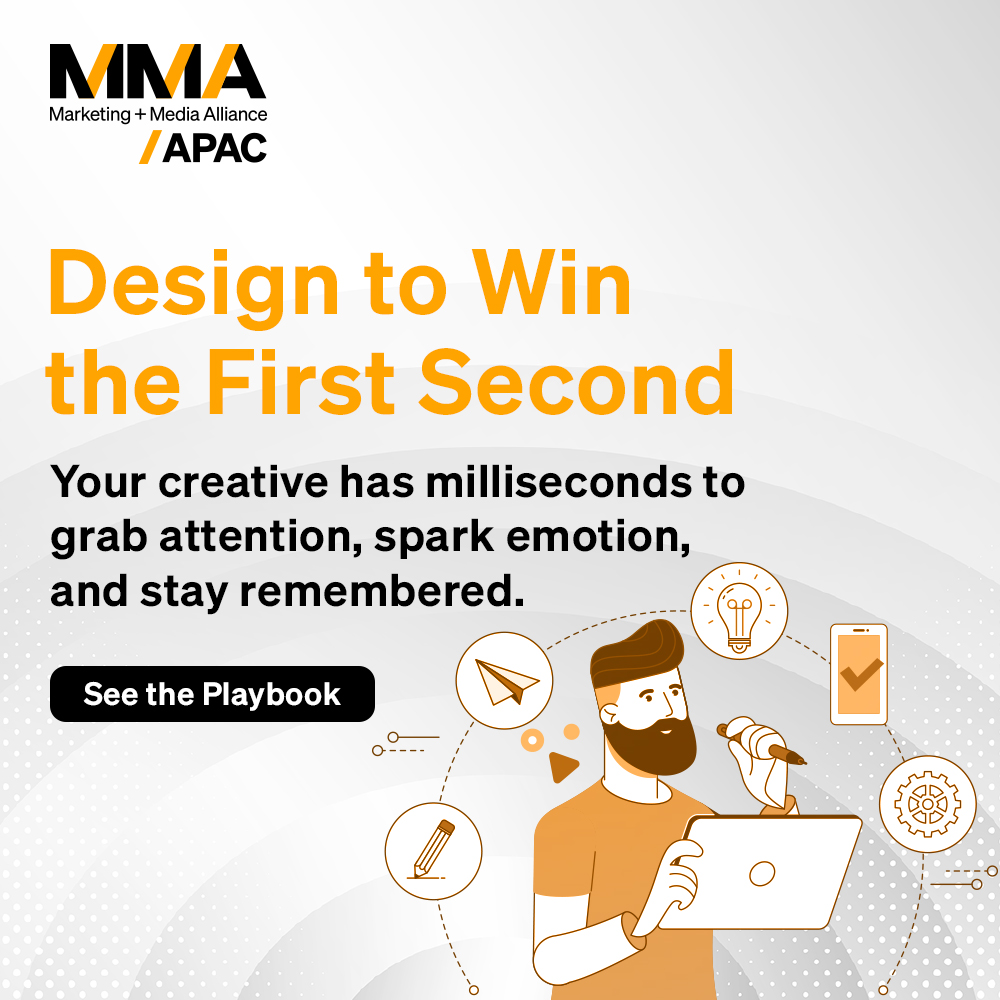
Last year, we highlighted how the consumer journey in SEA had evolved beyond the linear Awareness, Interest, Desire, Action (AIDA) model. In 2025, consumer behaviour in Indonesia has shifted even further, driven by influencer trust and affiliate commerce at the heart of everyday shopping.
The country’s mobile-first economy has moved past the experimental phase of influencer marketing. It has transformed from measuring reach and follower counts to driving measurable, purchase-ready actions directly within social platforms. According to impact.com’s 2025 E-commerce Influencer Marketing Report, Indonesia continues to lead SEA in influencer-driven purchases, with 76% of shoppers buying a product or service based on recommendations. Behind this surge is a mix of factors: Indonesians’ deep social media engagement, rapid platform adoption, and affiliate commerce becoming a core part of the consumer journey.
Platform Shifts and the Rise of Affiliate Buying
This year, Instagram strengthened its position as Indonesia’s favourite social platform, with usage climbing 92%, outpacing the rest of SEA. TikTok is the year’s biggest mover, climbing 10 points to 87% usage, reflecting its growing role in product discovery. Even X (formerly Twitter), often niche in commerce, experienced a 14-point jump to 61% usage. Facebook, meanwhile, slipped from 87% to 81%, while YouTube remains a mainstay at 90%.
Alongside this, affiliate purchasing has become one of the most significant developments. A staggering 96% of Indonesian respondents reported buying via affiliate links on e-commerce platforms, and 64% purchased through brand websites, which marks a leap from past years when affiliate marketing was niche. While fashion still dominates, categories like electronics, beauty, and groceries are steadily gaining ground, signalling how affiliate commerce is now a trusted way to shop for many different types of needs.
The Rise of Performance-Driven Influence and Authentic Storytelling
Influencer recommendation power remains the strongest among celebrities and mega influencers, but smaller tiers are gaining ground. Micro-influencers saw a six-point increase in influence, while nano-creators surged nine points year-on-year (YoY), which reflects consumers’ growing preference for authenticity and niche expertise alongside mass appeal. Traditional influencers remain critical for awareness, but affiliate creators, who are compensated based on measurable outcomes, are becoming increasingly valued for their ability to convert attention into action.
Why This Matters for Brands in 2025
The YoY data is clear: Indonesian consumers are not just passively influenced, they are actively shopping within their social feeds. This “scroll-to-sale” behaviour compresses the path to purchase, creating opportunities for brands to integrate commerce into discovery moments. For marketers, budgets once reserved for brand awareness should now include performance-based partnerships with both high-reach influencers and niche creators who can drive measurable results.
Indonesia’s leadership in the region’s creator economy is no coincidence. It is built on deep mobile penetration, fast-moving platform adoption, and an audience ready to buy from people they trust. For brands willing to adapt, 2025 offers a market where influence and measurable impact are more closely linked than ever before, and where success will depend on data-driven decisions, authentic partnerships, and performance at scale.


